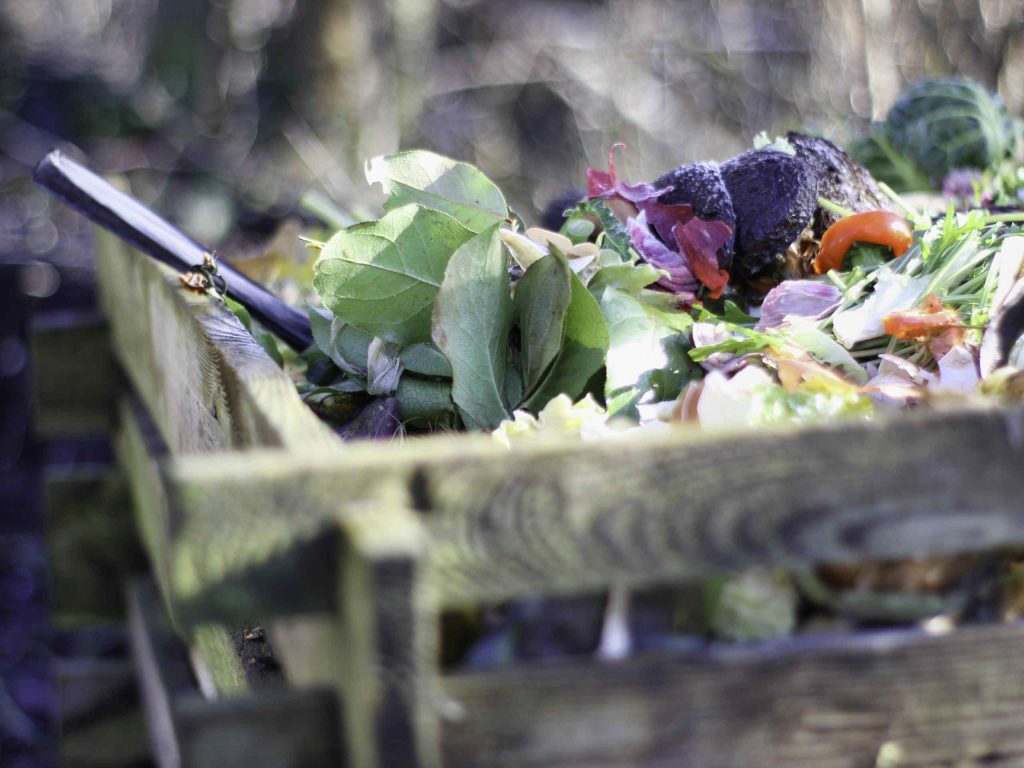Reducing food waste is an important issue in the catering industry. It is worth taking measures to reduce food waste, not only from an environmental perspective, but also from an economic one. Worldwide, one third of food ends up in the bin. In the EU, an estimated 173 kg of food waste is produced per person. Converted to Austria, that’s 143 fully loaded articulated lorries every day. Food waste is a massive problem for the environment. And means the loss of goods that have already been used.
We'll tell you how you can start saving money for a better future:
Lebensmittelabfälle sind in der Gastronomie ein großes Problem. Durch eine bewusste Planung, Lagerung und Verwertung von Lebensmitteln könnt Ihr als Restaurantinhaber oder Koch einen wichtigen Beitrag zur Reduzierung von Abfällen leisten und damit noch dazu Geld sparen.

In September, the 5,000-square-meter permaculture garden at the Falkensteiner Balance Resort Stegersbach reaches its full potential. This is when not only hotel gardener Paul Aschberger is called upon, but also chef Philipp Wildling. He quickly turns the tables and declares September to be vegan month: plant-based options become the norm and “conventional” diets with meat and milk become the alternative. With a selection of over 60 types of fruit and vegetables, as well as herbs and edible flowers, Wildling has an easy job.
Jamie Oliver shows how healthy eating doesn’t mean sacrifice, but rather a joy of life. With 120 recipes, 50 practical hacks, and a 2-week kickstarter plan, the book proves that conscious enjoyment, energy, and taste go wonderfully together—uncomplicated, suitable for everyday use, and inspiring.
INFO
Eat Yourself Healthy
Author: Jamie Oliver
Translation: Helmut Ertl
Publisher: DK Verlag
Length: 320 pages
ISBN: 978-3-8310-5230-1
Price: €32.00


Reducing food waste is an important issue in the catering industry. It is worth taking measures to reduce food waste, not only from an environmental perspective, but also from an economic one. Worldwide, one third of food ends up in the bin. In the EU, an estimated 173 kg of food waste is produced per person. Converted to Austria, that’s 143 fully loaded articulated lorries every day. Food waste is a massive problem for the environment. And means the loss of goods that have already been used.